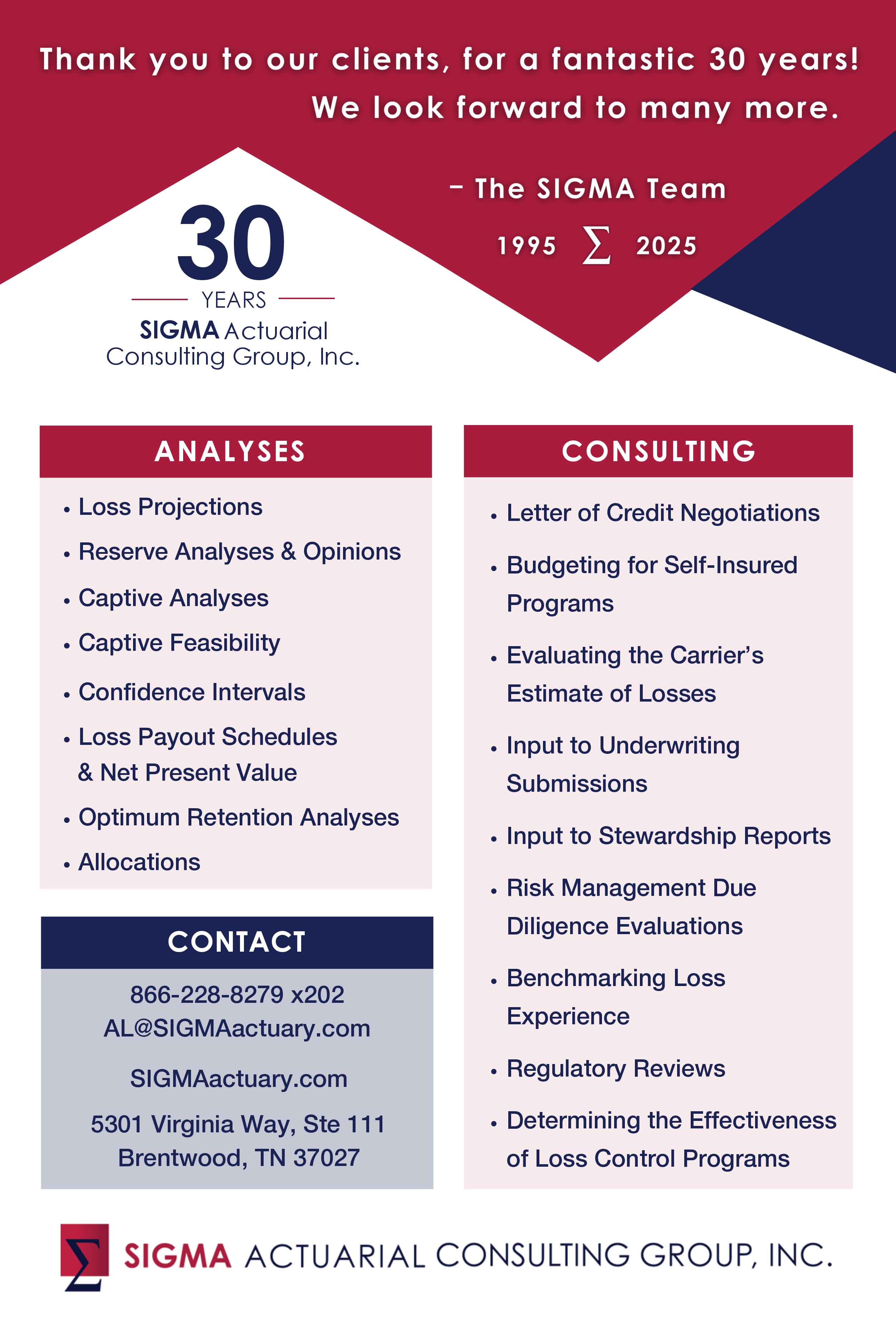Dana Munnings-Gray, acting superintendent of insurance, outlines the benefits of The Bahamas as a captive domicile
Dating back to the 1960s, The Bahamas’ participation in the captive insurance industry has a rich history.
The Bahamas Government has taken steps in recent years to ensure that this business actively contributes to the overall growth of the country’s financial services sector.
Local insurance managers and other financial intermediaries are still finding ways to promote both their own services and the jurisdiction in the captive market.
The Bahamas Financial Services Board (BFSB) has been instrumental in assisting, and highlighting the jurisdiction as a competent and competitive international financial centre that promotes synergies between the industries of the financial services sector.
The Insurance Commission of The Bahamas, the industry’s supervisory authority, continues to enhance the captive industry by streamlining the application process and maintaining a robust regulatory and supervisory framework which meets international standards.
Over the past 10 years, the number of licensed captive insurance entities registered in The Bahamas has grown at first very rapidly and then — in the last five years — steadily. Subsequently, the island country has witnessed an increase in overall net premium volume along with an expansion in the number of parent company regions throughout the US and Europe.
The growth in The Bahamas’ captive market is largely attributed to small-to-medium sized entities (SMEs) seeking to set up their own segregated accounts. This is proving to be cost-effective for those SMEs, especially since they can and do outsource administrative and operational oversight to locally registered insurance managers, financial and corporate service providers and other financial service professionals such as lawyers and accountants.
In 2021, as part of its strategic plan to amalgamate legislation, the commission began a review of the jurisdiction’s two principal insurance laws: the 2005 Insurance Act and the 2009 External Insurance Act. The purpose of the review, which is still in progress, is to streamline regulatory and supervisory requirements and to enhance legislation to help insurance structures.
By combining these two pieces of legislation, the commission intends to introduce categories of licences that emphasise the type of insurance business that the entity will be conducting and the structure of the entity, rather than where the policyholders are located.
Currently the union is well underway. However, after much consultation with industry stakeholders and consideration of their contributions, the commission is dedicated to incorporating such recommendations into the proposed legislative framework. It is anticipated that the draft legislation will be issued for final consultation in Q4 2024. Following any further feedback and proposed amendments from the consultation period, it would then seek to have the amended bill tabled and passed through parliament.
Merging the legislation appropriately corresponds with our risk-based supervisory framework, whereby as a jurisdiction we aim to eliminate the perception of varying our supervisory oversight based on the current demarcation of international business compared to domestic business.
We have a robust domestic insurance market in The Bahamas. External insurers will have a similar level of supervision focused on their risk profile. Our risk-based supervisory framework considers the size, nature and complexity of the institution which determines the regulatory measures that we take: whether the policyholders are in The Bahamas or elsewhere.
Looking ahead, given the current hard market conditions, entities with a firm understanding of their risk and loss history may search for alternate ways to finance the cost of their insurance coverage. These conditions act as a catalyst for captive formations. The captive, as an alternative risk transfer mechanism, is always going to be a consideration for company owners, because they are looking at containing costs.
In this regard, The Bahamas is a competitive, cost-effective jurisdiction given the local and international expertise and resources present within the financial services sector. The robust nature of our regulatory framework allows us to oversee any type of international insurance business.
Additionally, the country as a jurisdiction boasts professionally trained and highly skilled service providers including accountants, attorneys, risk and compliance professionals and insurance managers; and if necessary, the Caribbean country can outsource specific services that can be achieved with relative ease.
Key factors such as fair regulatory costs, highly-skilled and varied professionals and the way that we employ a risk-based approach to our supervisory oversight of the industry continue to be attractive considerations for international and captive insurance businesses.





